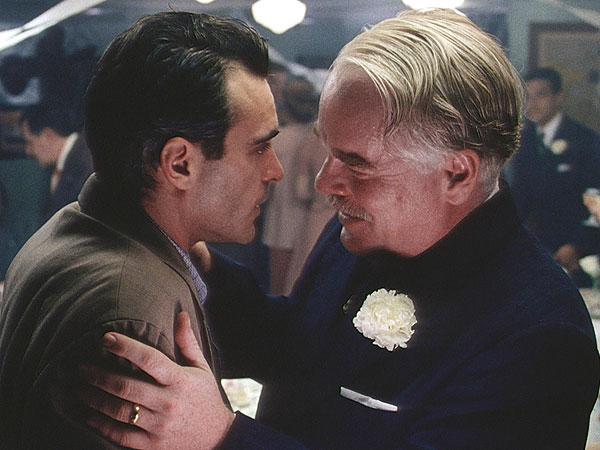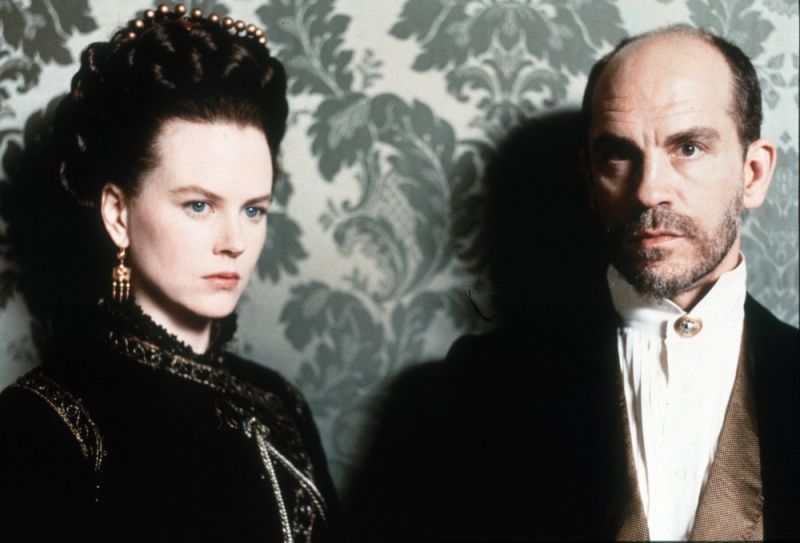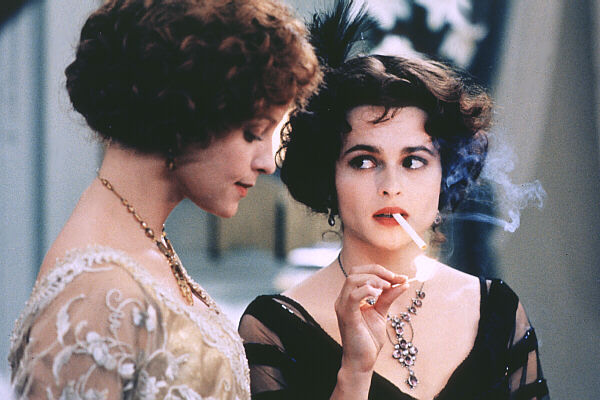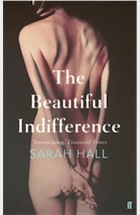 I bought Bluestockings, a study of the opening of university education to women, in perhaps the ideal location: Heffers bookshop in Cambridge. As I walked back to my car, I passed three or four Cambridge colleges, most of which had been male-only at their founding. Magdalene College, in fact, did not admit women until 1988 -- the last of any Oxbridge college; and even then, the decision resulted in the wearing of black armbands by its male undergraduates, and the college flag being flown at half-mast.
I bought Bluestockings, a study of the opening of university education to women, in perhaps the ideal location: Heffers bookshop in Cambridge. As I walked back to my car, I passed three or four Cambridge colleges, most of which had been male-only at their founding. Magdalene College, in fact, did not admit women until 1988 -- the last of any Oxbridge college; and even then, the decision resulted in the wearing of black armbands by its male undergraduates, and the college flag being flown at half-mast.The University of Cambridge has perhaps the worst history in the UK when it comes to equal access. It did not allow women to be full members of the university until 1948 (the equivalent date was 1920 in Oxford, although there were other problems there). And there remain several single-sex Cambridge colleges: Newnham, Murray Edwards and Lucy Cavendish. Arguably, this now privileges women above men in terms of admission; and in Oxford, by contrast, all of the colleges are now mixed (St. Hilda's began to admit men in 2008).
Sexism and sex difference persist in other ways, too. I remember vividly while I was at Oxford the discussion of what was causing the 'finals gap' -- the fact that men tended to do better in final exams than women -- and what might be done to remedy it. I now work in a Cambridge college, in an office populated almost entirely by Oxbridge graduates, and entirely by highly intelligent women. The other day, one of my colleagues described how she was asked by an elderly-ish man what she'd got out of Cambridge: was it a first-class degree, a blue (playing for one of the university sports teams), or a husband? The first two items on the list are clearly worthwhile achievements for someone of either sex; but I just couldn't imagine anyone asking a man whether he'd managed to find a wife at university.
So I was coming to Bluestockings as a Cambridge resident, an Oxford graduate, a woman, and a feminist. This is, admittedly, possibly the best combination Jane Robinson could have asked for. I am her target audience, and I wasn't disappointed. The book is a vivid work of social history, covering the mid-1800s to 1939, and a testament to Robinson's method, which involved -- alongside traditional archival research -- meeting and corresponding with a huge number former 'undergraduettes' (or their relatives). Robinson peppers her historical narrative with scores of quotations from letters and interviews, all of which are fascinating and some of which are extremely entertaining or moving. I had tears in my eyes by page 4.
There are tales of extraordinary kindness: schoolteachers secretly funding their cleverest pupils through university when all other options failed; a stepladder specially bought for a diminutive natural sciences student to use in the labs in the 1880s (and consecrated to her memory by her supervisor after she left); the near-destitute, visionary mother who believed so strongly in her daughter's Oxford education that she nearly starved the rest of the family, investing in a future she could have hardly dared to hope would materialise -- and, in recognition of this sacrifice, being given a special seat next to the officials at her daughter's graduation. "'This ceremony means more to Mrs Pearson,' explained the Dean, 'than to anyone else here today. Of course she must have a good view.'" (Cue me sobbing into my sandwiches.)
 |
| 'Dr. Syntax with a Blue Stocking Beauty' (1821) by T. Rowlandson |
These heartwarming anecdotes are balanced nicely with the darker side of the women's experiences: the rampant sexism (hardly surprising, but still appalling), the very real lack of prospects for female graduates for either employment or marriage, and the anxiety associated with being away from home and under pressure to do well. Robinson deals frankly with the fact that many undergraduettes did not enjoy university, and that amongst those who left early, the rate of suicide was disturbingly high. There is a particularly upsetting description (familiar, I am sure, to many freshers), of a young woman who "nearly died, she sa[id], of homesickness, and sat for hours at a time in her room anxiously wondering what she should be doing."
One particularly engaging thing about the book is the sense of recognition, the feeling that university education has in some ways hardly changed at all. Undergraduates still live in a 'bubble' during termtime. (There is a harrowing account of a girl who refused to let her father come and see her, being preoccupied with the forthcoming college dance, only for him to commit suicide a few days later.) They still develop intense friendships and crushes that are fuelled by the physical intimacy of a college or halls of residence. They still have essay crises and wacky tutors.
I was interested, of course, in the things that have changed for the better (access to courses, student freedoms, the food -- the latter possibly being a contentious point!), but equally struck by what hasn't changed, and perhaps should have, such as the use of college 'scouts' or 'bedders' in Oxbridge, employed to clean students' rooms, empty their bins, and even sometimes make their beds. It was understandable for young ladies from wealthy families to be unprepared for life on their own -- but surely it's not acceptable nowadays. It made me wonder about whether university can be infantilising to young people, both men and women, who ought to be moving up a level of responsibility, not cosseted and provided for in most of the things that independent adults have to do themselves. (Though I do wish I'd gone to more late-night cocoa parties when I was a student.)
The book itself does have some faults. Robinson appears to have had problems with structuring her material, resorting to a set of abstractly thematic chapter titles around which to group her anecdotes ('Working in Hope', 'Women's Sphere', 'Shadows', 'Breeding White Elephants' and so on). This doesn't always succeed. For instance, stories about sexual relationships between female students (and/or female tutors) appear in several different chapters before you get to a section explicitly focusing on it -- which is itself problematic, since it appears in the 'Shadows' chapter dealing with unpleasant experiences, yet includes several accounts of very loving, positive relationships between women as well as more abusive ones. The whole book jumps around frequently, which sometimes feels breathless and lively, but which does get rather frustrating after a while.
On the whole, though, the 218 pages of Bluestockings cover a lot of ground and is consistently amusing, moving and intelligent. It's well-indexed, and comes with thorough references, a bibliography and a timeline. Robinson ends her study in 1939, at the beginning of "the golden age of the bluestocking", so there is plenty of room for a sequel. And it would be welcome, at least to me: I tend to think almost all books written after about 1950 are too long, but I found myself wishing there were another 200 pages of this one. Perhaps I shall have to scratch that particular itch with my own creative efforts -- and if I do, Bluestockings will be one of the first places I look for ideas.





















